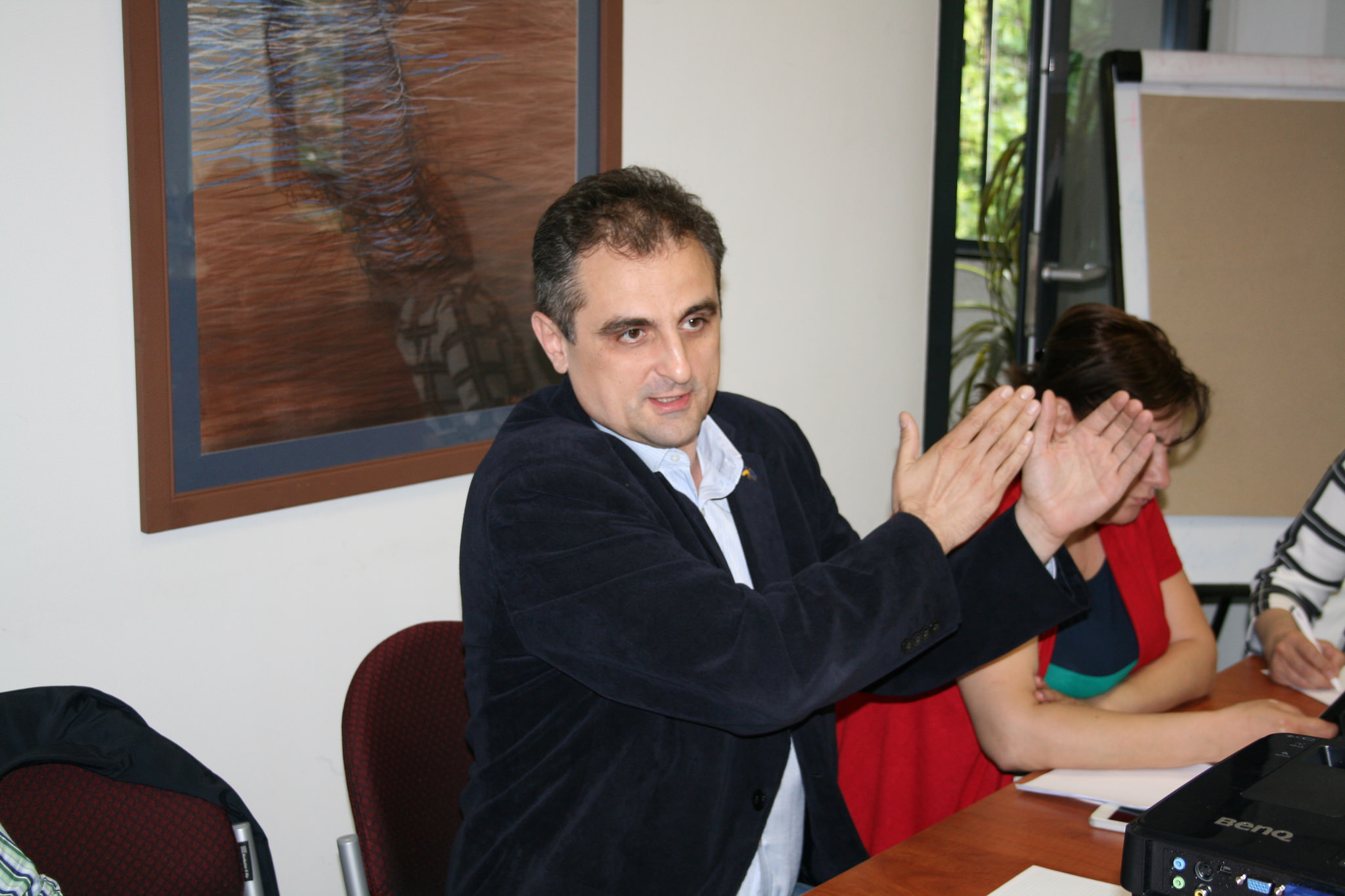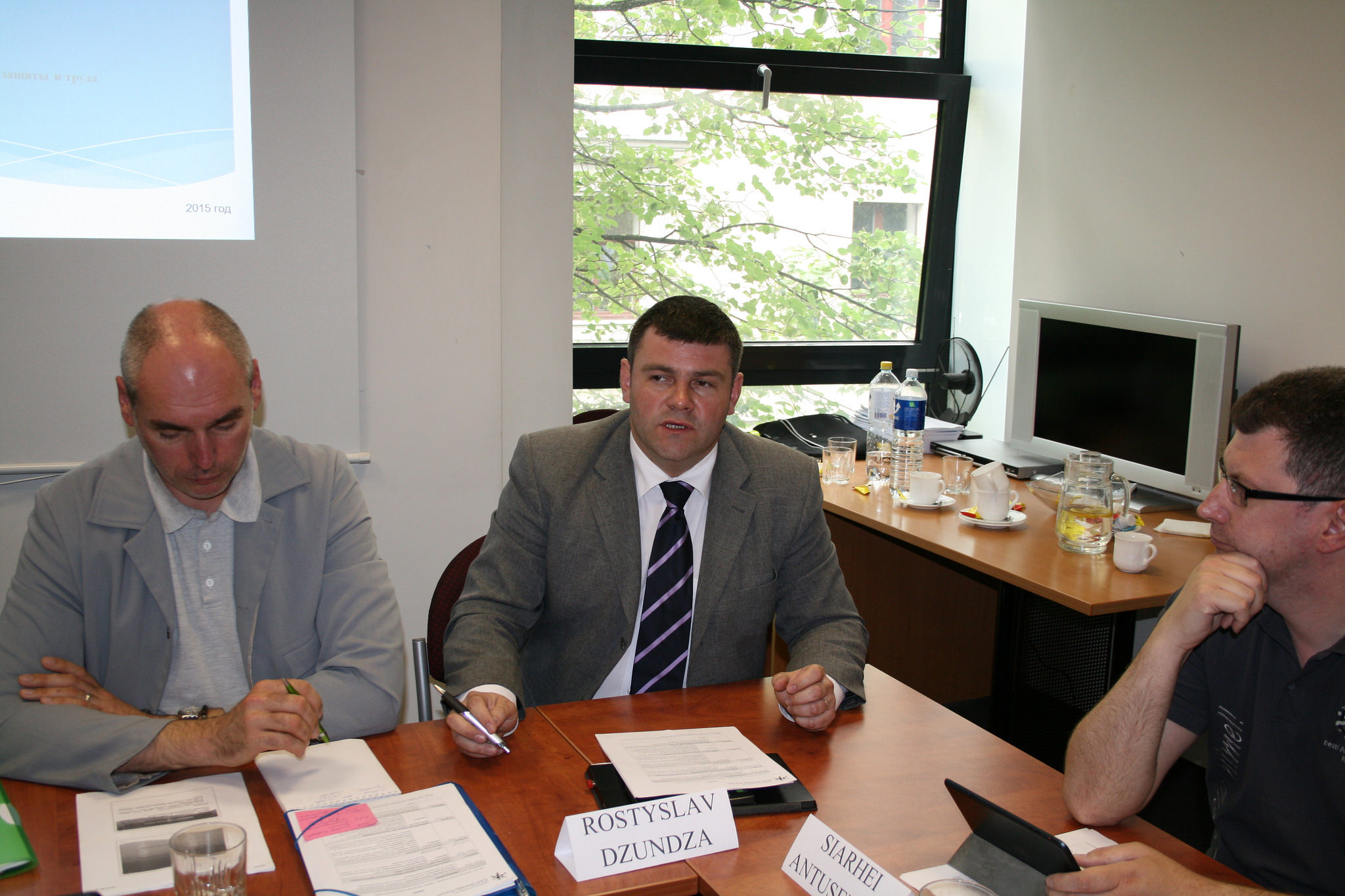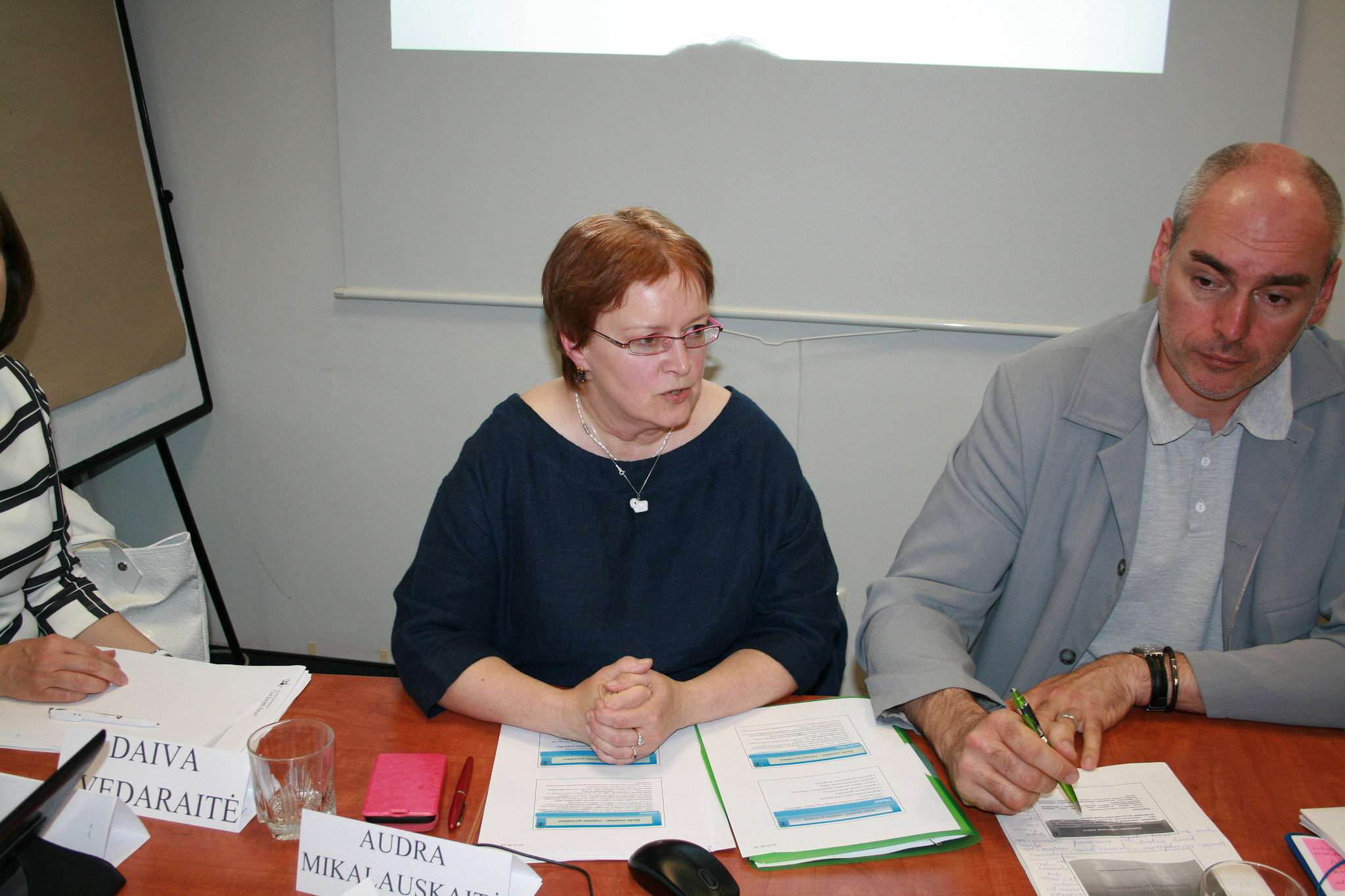|
IN THE SPOTLIGHT |
Eastern Partnership Civil Society Forum
|
|
Working Group 5 Annual Meeting ReportThe EaP CSF Working Group 5 on social and labour policies and social dialogue convened for its meeting in Vilnius on 18 June. Some 12 participants from trade unions, think tanks, NGOs from the EaP countries and EU and, as well as the officials from the Lithuanian ministry of Social Affairs and Labour took part in the meeting. The meeting was chaired by Daiva Kvedaraite (Lithuanian Trade Union Solidarumas). In her opening speech, Kristina Krupavičienė (President of Lithuanian Trade Union Solidarumas) presented Lithuanian experience in developing the new social model.
The meeting focused on the following objectives:
In the first panel, the chair of this session Siarhei Antusevich (Belarusian Congress of Democratic Trade Unions) asked the participants to review the latest developments in their countries. Rostislav Dzundza (Bureau of Social and Political Developments, Ukraine) talked about the research project, which analyses how the Association Agreement between the EU and Ukraine influence social dialogue in the country. The following statements were made by some of the speakers: “WG5 should not only be about trade unions but also voluntary organisations” Nicolae Procopie
“We are observing the establishment of many GONGOs and people from the old regimes attempt to re-enter into positions using European norms. There is a need for European arbiters in the social dialogue” Vyacheslav Roi “There is a gradual retraction of labour rights in Belarus” Siarhei Antusevich
Opening the second session Rostyslav Dzundza presented his organization’s achievements in promoting social dialogue in Ukraine. They managed to put at the table all major players, such as the notorious oligarch Firtash. Dundza noted that civil society has become a powerful and active player, but there is also a danger that a parallel vertical NGO system will be developed in Ukraine.
The participants of the meeting were interested in whether fixed-term contracts would become a cover for non-fixed term contracts and in Lithuania’s experience how to tackle shadow economy and shadow salaries. To that Audra Mikalauskaitė responded that the best way to do so is to digitalize as many money transfers as possible: salary payments, payments for goods and services, after a certain price threshold was reached. |
Project funded by the European Union
![]()











